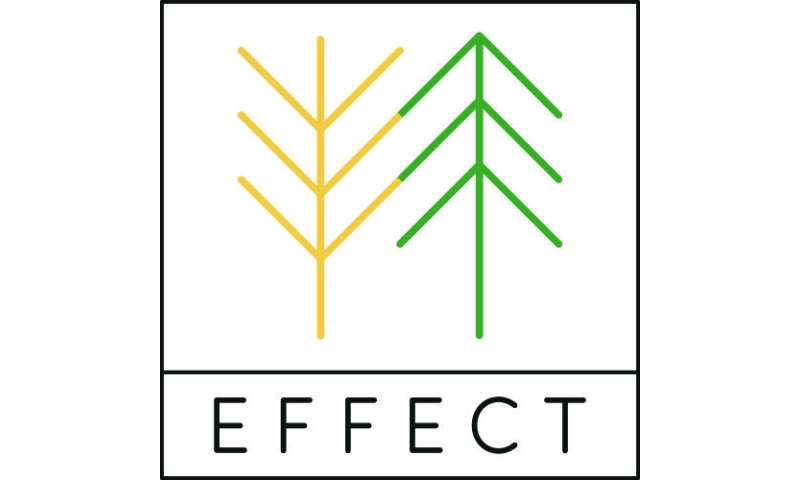Enhancing Spatial Coordination in Payment for Ecosystem Services Schemes with Non-Pecuniary Preferences

Are monetary incentives the best way to achieve land spatial coordination in ecosystem services? A new experiment measures the impact of non- pecuniary motives in land owners' decisions.
Ecologists agree that spatial coordination in land management is important for providing ecosystem services and conserving biodiversity. If adjacent plots of land are managed in a coordinated manner, then environmental targets such a flood mitigation, riverbank protection and wildlife corridors could easily be reached. Ecological benefits from Payment for Ecosystem Services (PES) can be increased by private landowners working together to coordinate land enrolment.
The Payment for Ecosystem Services (PES) system offers a financial reward called the agglomeration bonus to encourage spatial coordination of enrolled land. The standard agglomeration bonus pays extra money when neighbours participate together. But is money the only factor affecting the final famers' decision whether to join the PES? Non- pecuniary motives such as concerns about the environment and social comparisons also play an important role in the landowners' final decision to join or not to join the PES.
Kuhfuss et al. designed an experiment to measure how effective is the agglomeration bonus is in achieving a cost-efficient spatial coordination on a local network when non- pecuniary motives are explicitly recognised and rewarded.

The experiment tested two main research questions. The first one was whether the agglomeration bonus successfully encouraged spatial coordination in land use in an experimental laboratory setting when non-pecuniary motives were officially on the table. The second question was if a nudge based on group ranking could improve the performance of the agglomeration bonus.
The description of the experiment and its results are available in the paper from Kuhfuss et al., 2021.
Kuhfuss L.; Préget R.; Thoyer S.; De Vries F. P. Hanley N. Enhancing Spatial Coordination in Payment for Ecosystem Services Schemes with Non-Pecuniary Preferences. Discussion Papers in Environmental and One Health Economics, 2021, paper n. 6. JEL codes: C91; C92; Q15; Q18; Q57.
Provided by iCube Programme